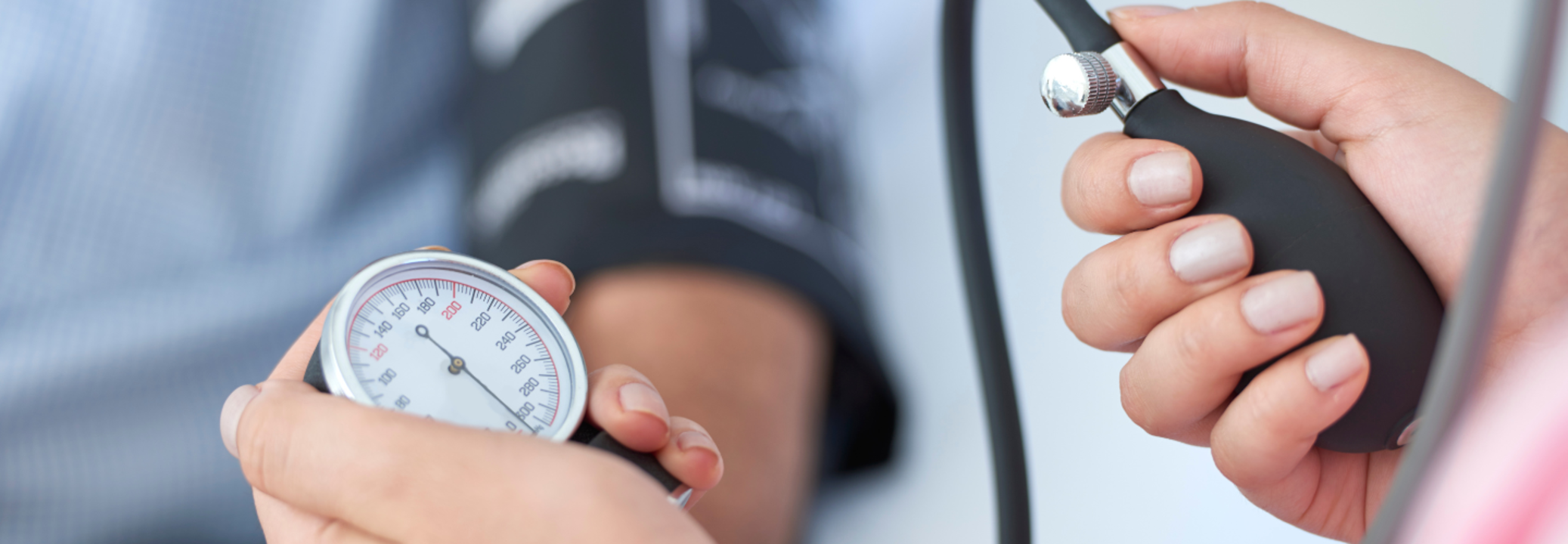NHS Doctor Suggests Food Hack That Can Lower Your Blood Pressure Naturally

(Credit-Canva)
SummaryHigh blood pressure is a global issue that is one of the factors why cardiovascular diseases are one of the leading health threats for people. There are ways you can control it, here is what NHS doctor suggests.
End of Article
